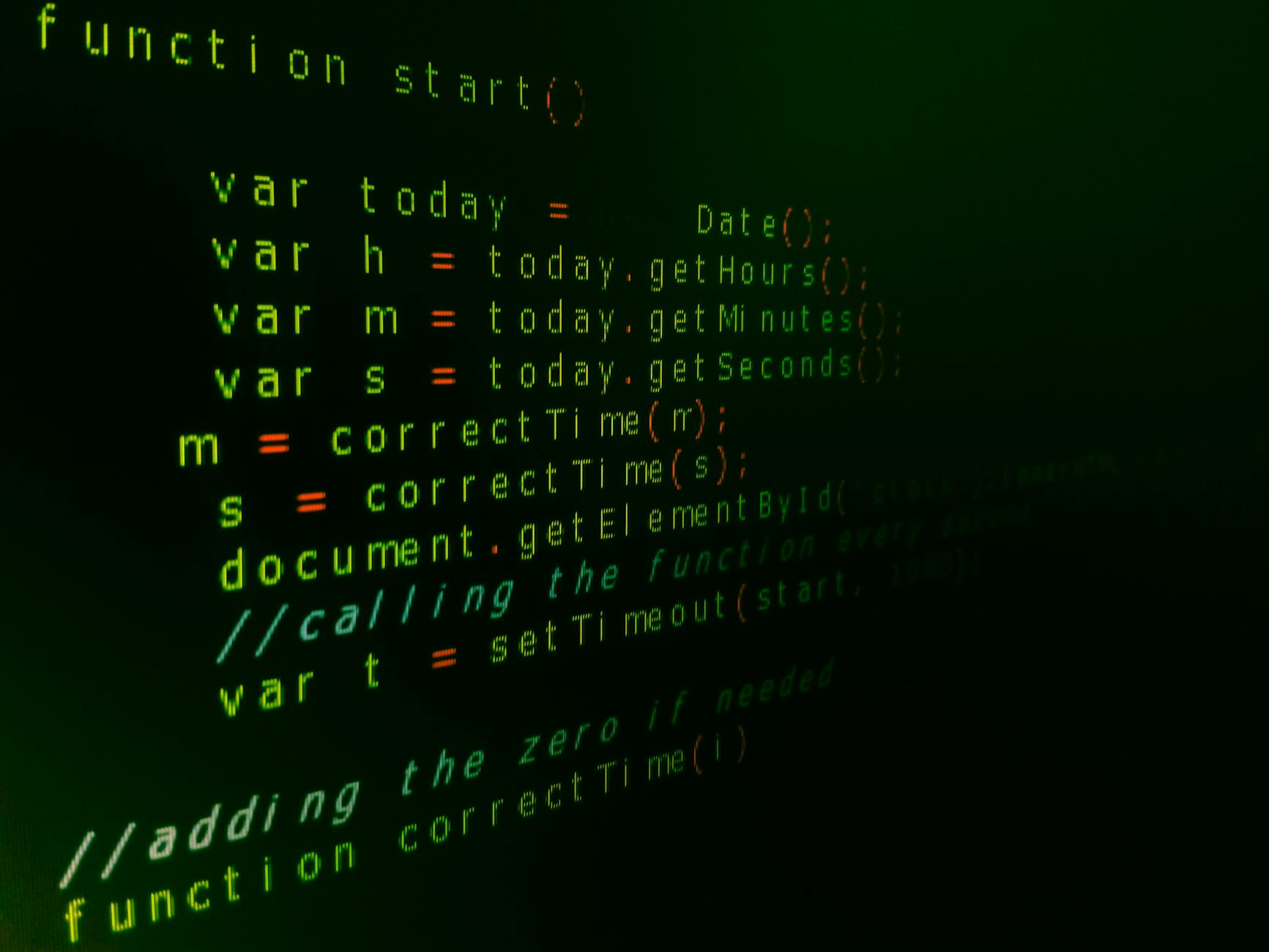How Best Html Css Projects For Beginners is Changing the World

Introduction to HTML and CSS Projects for Beginners
As a beginner in the world of web development, getting started with HTML and CSS projects is an essential step in building a strong foundation. HTML (Hypertext Markup Language) and CSS (Cascading Style Sheets) are the building blocks of the web, with HTML used for structuring content and CSS used for styling and layout. Working on HTML and CSS projects helps beginners understand how to create visually appealing and functional web pages.
Core Concepts
Before diving into projects, it's crucial to grasp some core concepts:
- HTML: Focuses on the structure of web content, including headings, paragraphs, images, links, forms, tables, and more.
- CSS: Used for styling HTML elements, including layout, colors, fonts, and overall visual appearance.
- Responsive Design: Ensuring web pages look good on all devices and screen sizes.
- Semantic HTML: Using HTML elements that provide meaning to the structure of a web page.
Real-World Use Cases
HTML and CSS projects have numerous real-world applications:
- Personal Portfolio Websites: Showcase skills, projects, and experience.
- Simple Web Applications: Such as to-do lists, weather apps, or blogs.
- Landing Pages: Designed to convert visitors into customers or leads.
- E-commerce Sites: Basic online stores that sell products or services.
Getting Started Guide
To get started with HTML and CSS projects:
- Set Up Your Development Environment: Choose a code editor (like Visual Studio Code, Sublime Text, or Atom) and a web browser for testing.
- Learn Basic HTML and CSS: Start with basic tutorials and online courses.
- Work on Small Projects: Begin with simple projects like a personal profile page or a to-do list.
- Use Online Resources: Leverage resources like W3Schools, Mozilla Developer Network, and Stack Overflow.
Pros and Cons
Pros:
- Easy to Learn: HTML and CSS have a relatively low barrier to entry.
- High Demand: Skills in HTML and CSS are highly sought after.
- Immediate Results: See changes in real-time.
Cons:
- Limited Functionality: HTML and CSS alone can't create dynamic web applications.
- Browser Compatibility Issues: Ensuring cross-browser compatibility can be challenging.
Future Trends
The future of web development with HTML and CSS looks promising, with trends like:
- Progressive Web Apps (PWAs): Combining the best of web and mobile apps.
- CSS-in-JS: Writing CSS directly within JavaScript.
- WebAssembly: Allowing code written in other languages to run on the web.
Frequently Asked Questions
What are the best resources for learning HTML and CSS?
The best resources include online tutorials and courses on platforms like Udemy, Coursera, and freeCodeCamp. Additionally, websites like W3Schools and Mozilla Developer Network offer comprehensive guides and reference materials.
How long does it take to learn HTML and CSS?
The time it takes to learn HTML and CSS can vary depending on the individual's dedication and prior experience. However, with consistent effort, one can gain a solid understanding of the basics within a few months.
Can I build a complete website with just HTML and CSS?
Yes, you can build a complete website using just HTML and CSS. This includes static sites like portfolios, blogs, and simple landing pages. However, for dynamic content and complex interactions, you might need to learn JavaScript and possibly server-side technologies.
What projects should I start with as a beginner?
Beginners should start with simple projects such as a personal profile page, a to-do list, or a simple weather app. These projects help in understanding how to structure content with HTML and style it with CSS.
How can I make my HTML and CSS projects responsive?
To make projects responsive, use flexible grid layouts with CSS Grid or Flexbox, and media queries to apply different styles based on screen size. Also, ensure that images and other media are scalable.
Conclusion
HTML and CSS projects are a great way for beginners to start their journey in web development. By understanding core concepts, exploring real-world use cases, and following a structured guide, beginners can build a solid foundation. Despite some limitations, the benefits of learning HTML and CSS are substantial, and future trends indicate a continued demand for these skills. With the right resources and a bit of practice, anyone can become proficient in creating beautiful and functional web pages.
Other Recent Posts
How AI Is Used In Algorithmic Trading Systems is Changing the World
Unlock the power of how AI is used in algorithmic trading systems. Our comprehensive article provides expert insights, practical use-cases, and the latest trends.
Read More about How AI Is Used In Algorithmic Trading Systems is Changing the WorldHow To Learn Python For Beginners Step By Step: Key Concepts and Applications
Discover everything about how to learn python for beginners step by step in our in-depth 2025 guide. We cover the core concepts, benefits, and future trends.
Read More about How To Learn Python For Beginners Step By Step: Key Concepts and Applications